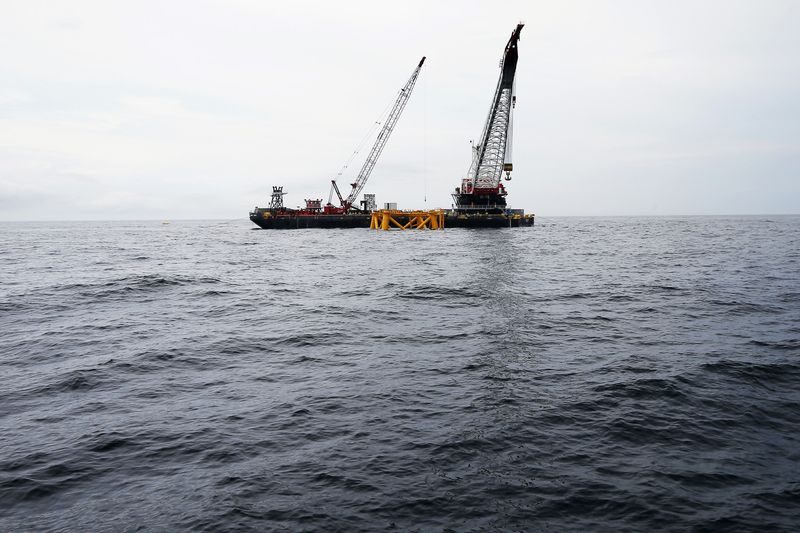At the recent Offshore Windpower conference in Atlantic City, U.S. offshore wind developers expressed optimism about their ability to collaborate across party lines while privately grappling with the uncertainty surrounding the upcoming presidential election. The looming contest between former President Donald Trump and Democratic Vice President Kamala Harris has amplified concerns within the industry, as Trump has promised to abolish offshore wind projects if he returns to the White House, citing environmental concerns regarding wind turbines’ impacts on wildlife. This precarious political atmosphere has compounded an already challenging year for the industry, which has faced canceled projects, shelved lease sales, and construction incidents at significant wind initiatives, including the nation’s first major offshore wind venture.
Jason Grumet, CEO of the American Clean Power Association, articulated the heightened sense of anxiety as political polarization envelops the nation. He noted that while participants at the conference are committed to advancing the offshore wind agenda, the polarization and the consequential uncertainty about federal support have extended far beyond commercial interests. Executives at the conference, while reluctant to speak authoritatively about potential changes, voiced alarm about the possibility of a prolonged decline for the offshore wind sector if a Trump administration enacts significant shifts in federal permitting processes and support measures.
Despite the trepidation surrounding its future direction, some industry leaders are resolved to continue working towards their renewable energy goals regardless of the election outcome. For instance, Doreen Harris, CEO of the New York State Research and Development Authority, emphasized New York’s commitment to achieving 9 Gigawatts of offshore wind capacity by 2035. Organizations like Equinor echoed similar sentiments, asserting that fostering renewable energy and twofold domestic supply chains should transcend political divisiveness. The need for continuity in goals under various administrations remains a focal point for many industry players, underscoring a collective commitment to the clean energy transition.
However, experts caution that a playoff of political landscapes could drastically impact the offshore wind industry’s ambitions. Carl Fleming, a partner at the law firm McDermott Will & Emery, pointed out that the potential for a Republican-led government might not only diminish support for the offshore wind sector but also complicate achieving the Biden administration’s ambitious target of 30 Gigawatts of offshore wind capacity by 2030. These realizations come as industry stakeholders grapple with the inherent volatility of regulatory frameworks tied to political leadership, creating additional barriers to progress.
The conference also coincided with the Biden administration’s first offshore wind lease sale in the Gulf of Maine, which drew minimal bids of just $22 million. Observers noted that the poor turnout reflected the anxiety surrounding election uncertainties. With developers cautious about committing to new projects, the industry appears to be at a crossroads, needing to adapt to either a continuation of current policies or a potential shift that could halt momentum entirely if Republican policies take precedence.
Ultimately, the future of the offshore wind sector hinges on several factors, including the outcome of the election and the broader public sentiment concerning energy and environmental policies. While industry players remain focused on long-term objectives, they are acutely aware of the intertwining dynamics of politics and energy policy. As they navigate this challenging landscape, the urgency for a cohesive strategy to overcome the impending hurdles is palpable, ensuring that the momentum towards a greener energy future can be maintained amidst continually evolving political challenges.

